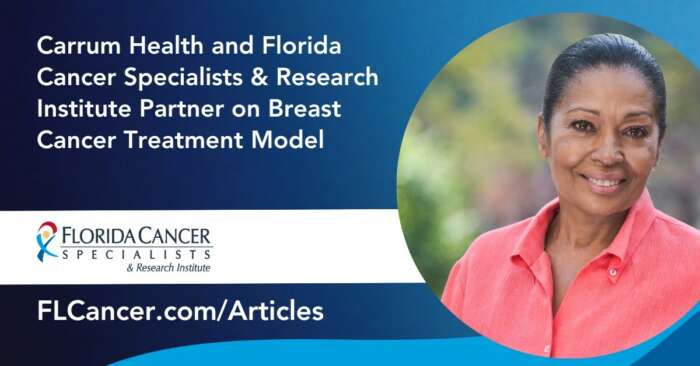Study of teens in rural California suggests that obesity has greater impact on girls
The female hormone estrogen is known to offer protection for the heart, but obesity may be taking away that edge in adolescent girls.
New research from the University of California at Merced finds that although obesity does not help teens of either gender, it has a greater impact on girls’ blood pressure than it does on boys’.
In a study of more than 1,700 adolescents between 13 and 17 years old, obese boys were 3.5 times more likely to develop elevated systolic blood pressure than non-obese boys. Similarly, obese girls were 9 times more likely to develop elevated systolic blood pressure than their non-obese peers. Systolic blood pressure, which is represented by the top number in a blood pressure reading, is the amount of force that blood exerts on blood vessel walls when the heart beats. High systolic measurements indicate risk for heart disease and stroke.
Rudy M. Ortiz, an Associate Professor of Physiology and Nutrition and lead researcher in the study, presented his team’s findings at the Physiology of Cardiovascular Disease: Gender Disparities conference at the University of Mississippi in Jackson.
The Study
Dr. Ortiz and his team obtained their data by direct measurements during the school district’s health surveys and physicals to assess the teenagers’ SBP against two health indicators: body mass index (BMI), which was categorized as normal weight, overweight, or obese, and blood pressure, which was categorized as normal, preelevated, or elevated.
“We were able to categorize the students in different ways, first based on BMI within each of three blood pressure categories. Then we flipped that around and looked at each category of blood pressure for different weight categories. In each case, we are looking at SBP as the dependent variable.” – Dr. Ortiz
Implications
According to Dr. Ortiz, the results do not bode well for obese teens later in life, especially for the girls. “Overall, there is a higher likelihood that those who present with both higher BMI and blood pressure will succumb to cardiovascular complications as adults. But the findings suggest that obese females may have a higher risk of developing these problems [than males].”
Physiology is the study of how molecules, cells, tissues and organs function to create health or disease. The American Physiological Society has been an integral part of the discovery process since it was established in 1887.


